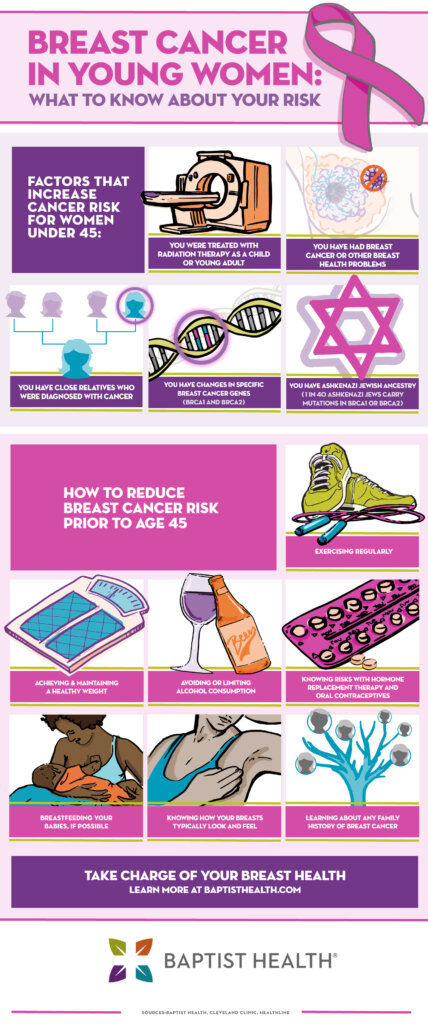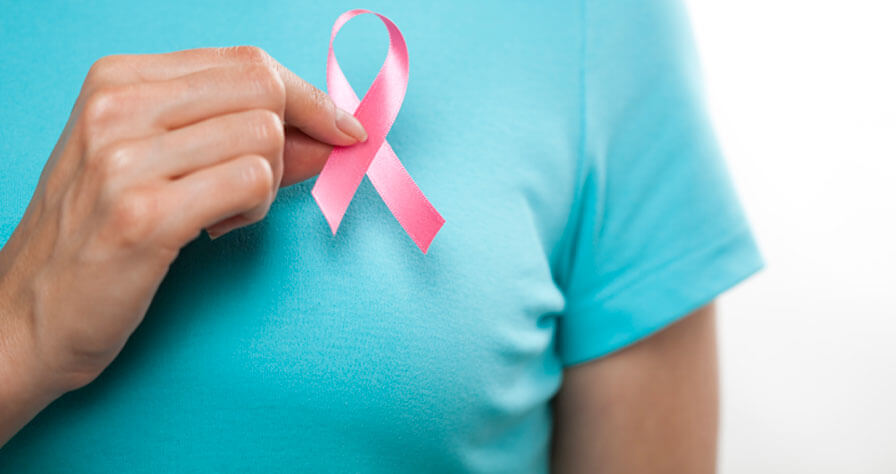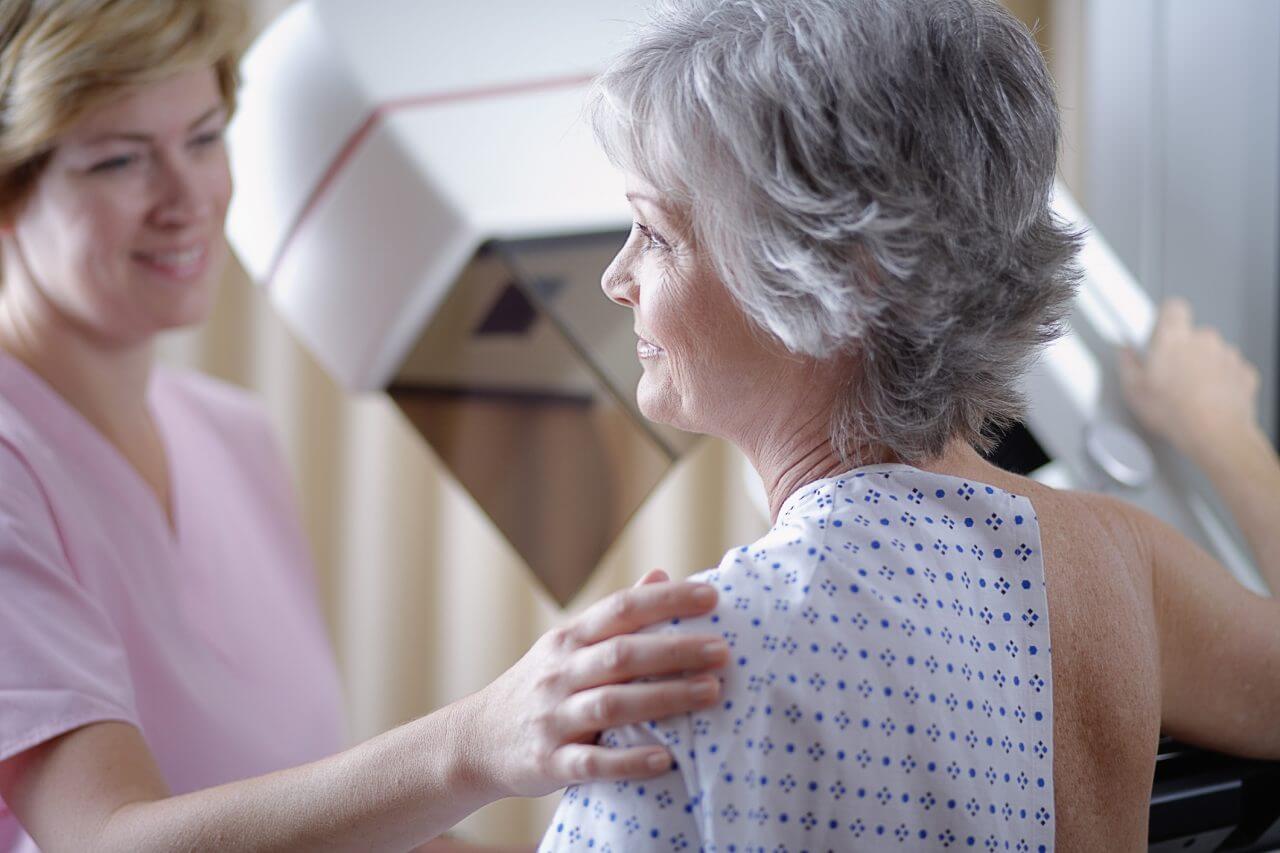Breast Cancer in Young Women: What to Know About Your Risk

Clinically reviewed by Dr. Lindsey Arnold, MD and Megan May, Pharmacist
Breast cancer is a form of cancer that develops in one or both breasts. It occurs when abnormal cells form in the breast and then grow out of control. If not caught and treated early, breast cancer can get into your blood or lymphatic system and travel to other parts of your body. This is what doctors call metastatic breast cancer.
Most breast cancers are found in women age 50 and older. If you haven’t reached that age, you might think you have little or no risk of developing breast cancer. However, approximately 11% of new breast cancer cases in the U.S. are found in women younger than 45 years old. It is also important to know that breast cancer in young women tends to be more aggressive.
Because of this, it’s essential to understand your risk and how to reduce it.

Factors That Increase Cancer Risk for Women Under 45
If you’re under 45 years old, you may have a higher breast cancer risk if:
- You have close relatives who were diagnosed with breast or ovarian cancer (particularly at age 50 or younger).
- You or your close relatives have changes in specific breast cancer genes (BRCA1 and BRCA2).
- You have had previous breast cancer or have other breast health problems.
- You were treated with radiation therapy to your breast or chest as a child or young adult.
- You have Ashkenazi Jewish ancestry (one in 40 Ashkenazi Jews carry mutations in BRCA1 or BRCA2)
Having a higher risk of developing breast cancer shouldn’t worry you, but you should be proactive and talk with your doctor about starting mammograms earlier, genetic testing and additional imaging, medicine, or surgery to help lower your risk.
How to Reduce Breast Cancer Risk Prior to Age 45
The thought of breast cancer understandably concerns many women and their families. The good news is that you can take steps right now to reduce your cancer risk. They include:
- Knowing how your breasts typically look and feel
- Achieving and maintaining a healthy weight
- Exercising regularly (at least four hours a week)
- Avoiding or limiting alcohol consumption (no more than one drink per day)
- Learning about any family history of breast cancer
- Breastfeeding your babies, if possible
- Talking to your doctor about risks associated with hormone replacement therapy or oral contraceptives (birth control pills)
Being vigilant is very important. Be aware that breast lumps are often benign (meaning they are not cancerous), but only your doctor can make that determination. If you notice a change in the size or shape of your breast, feel pain in your breast, have nipple discharge other than breast milk (including blood) or have other symptoms, contact your doctor right away.
Learning about breast cancer detection and diagnosis is also a good idea.
Take Charge of Your Breast Health with Guidance from Baptist Health
Breast cancer is a potentially life-threatening disease. Fortunately, doctors can treat it successfully in many cases, especially if they catch it early.
Take our free breast cancer health assessment today and learn more about Baptist Health’s cancer care services or find a doctor near you with our online provider directory.



